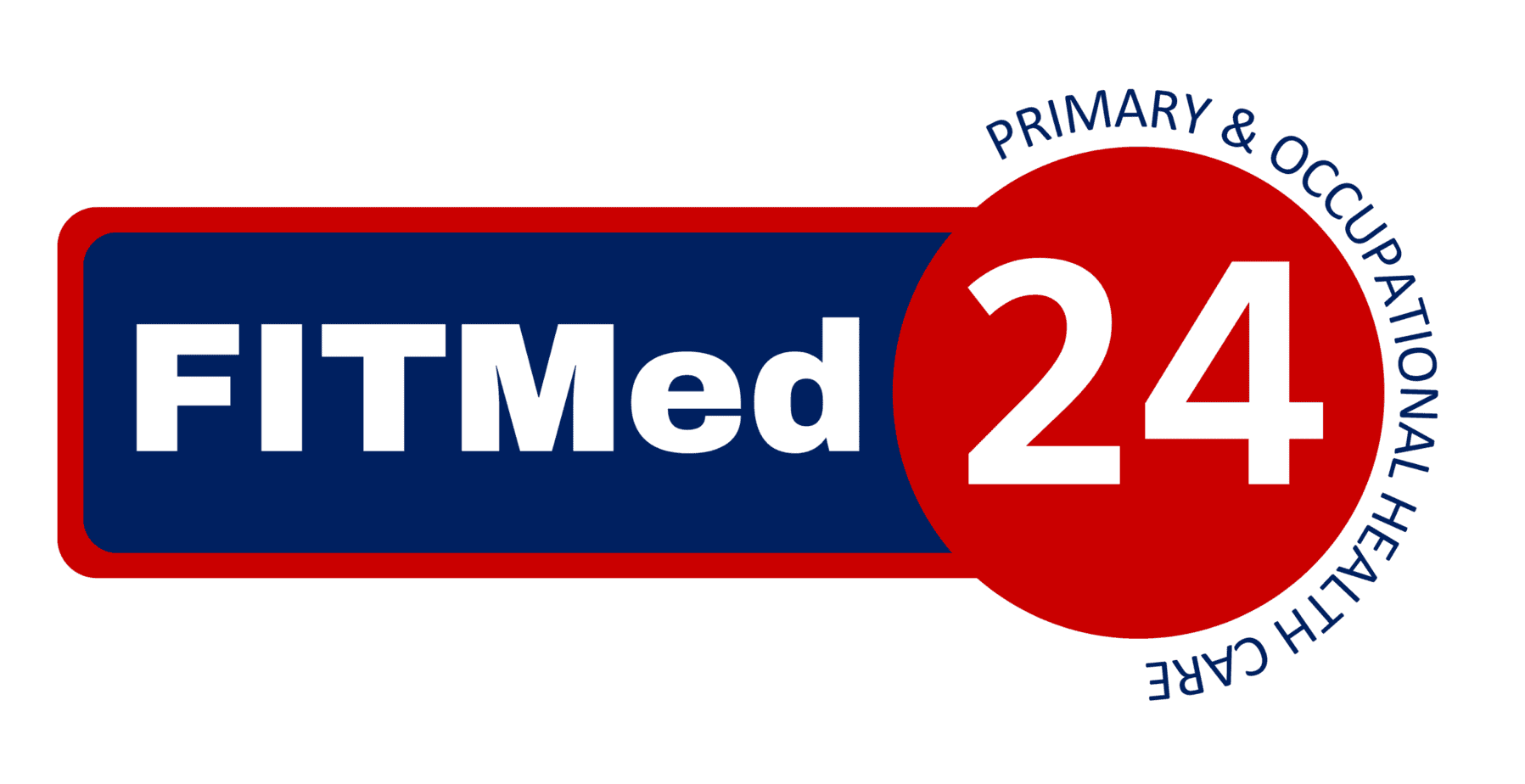In the South African workplace environment, the health and safety of employees are paramount. With a diverse range of industries—from mining and manufacturing to agriculture and services—ensuring a safe working environment is crucial for both employee well-being and organizational productivity. One effective way to achieve this is through regular hygiene surveys. This article outlines the necessity of hygiene surveys and their importance in maintaining a safe and healthy workplace.

Understanding Hygiene Surveys
Hygiene surveys involve systematic assessments of workplace conditions to identify potential health hazards. These surveys evaluate factors such as air quality, noise levels, exposure to harmful substances, and overall environmental conditions. The goal is to anticipate, recognize, and control health risks before they adversely affect employees.
Necessity of Hygiene Surveys
- Regulatory Compliance
- South Africa has stringent occupational health and safety regulations, including the Occupational Health and Safety Act (OHSA) and the Mine Health and Safety Act. Regular hygiene surveys help organizations comply with these regulations, avoiding legal penalties and promoting a culture of safety.
- Risk Identification
- Hygiene surveys are essential for identifying potential hazards in the workplace. In industries such as mining, where workers may be exposed to dust, fumes, and toxic substances, early identification can prevent serious health issues like respiratory diseases.
- Employee Health and Well-being
- The primary purpose of hygiene surveys is to protect the health of employees. By identifying and mitigating risks, organizations can reduce absenteeism, improve morale, and enhance overall well-being. Healthy employees are more productive and engaged, benefiting the organization as a whole.
Importance of Hygiene Surveys
- Prevention of Occupational Diseases
- In South Africa, many workers are at risk of occupational diseases due to exposure to hazardous materials. Regular hygiene surveys can help detect harmful exposures early, allowing for timely interventions that can prevent long-term health issues.
- Enhancing Productivity
- A safe and healthy work environment leads to increased productivity. When employees know their health is prioritized, they are more likely to perform at their best. Hygiene surveys contribute to creating a workplace culture that values health and safety, leading to improved performance.
- Cost Savings
- Investing in hygiene surveys can lead to significant cost savings in the long run. By preventing workplace injuries and illnesses, organizations can reduce healthcare costs, insurance premiums, and lost productivity. Additionally, compliance with health regulations can prevent costly fines and legal issues.
- Building a Positive Reputation
- Companies that prioritize employee health and safety are viewed more favorably by clients, stakeholders, and potential employees. Conducting regular hygiene surveys demonstrates a commitment to workplace safety, enhancing the organization’s reputation in the industry.
- Adaptation to Changing Conditions
- The South African workplace is dynamic, with evolving risks due to changes in technology, processes, and regulations. Regular hygiene surveys allow organizations to adapt to these changes, ensuring ongoing compliance and protection for employees.
Conclusion
In the South African workplace environment, hygiene surveys are not just a regulatory requirement; they are a critical component of a proactive health and safety strategy. By identifying potential hazards, promoting employee well-being, and ensuring compliance with regulations, hygiene surveys play a vital role in creating a safe and productive workplace. Organizations that prioritize these assessments are investing in their most valuable asset—their employees—ultimately leading to a healthier, more efficient, and more sustainable future.

